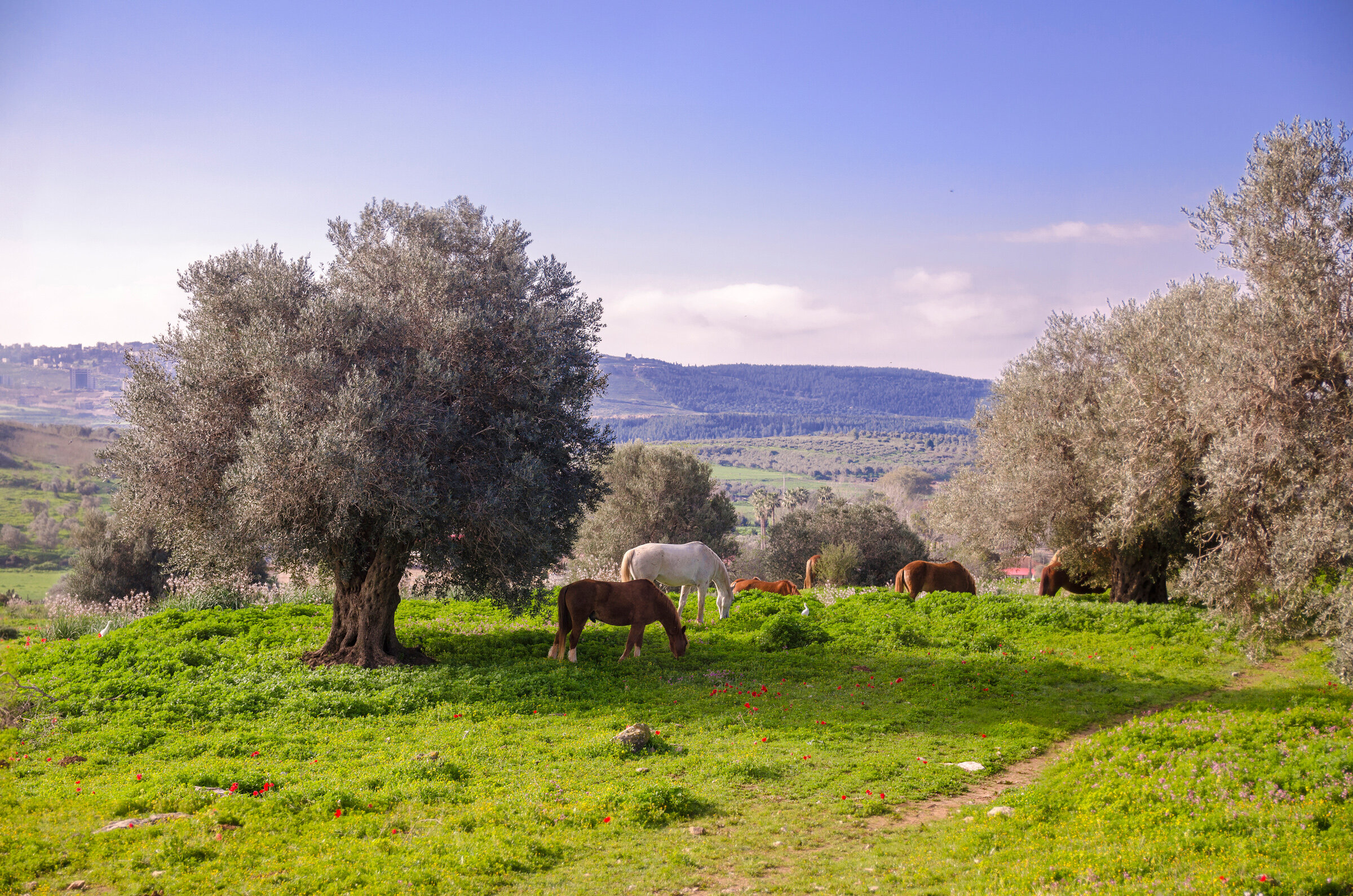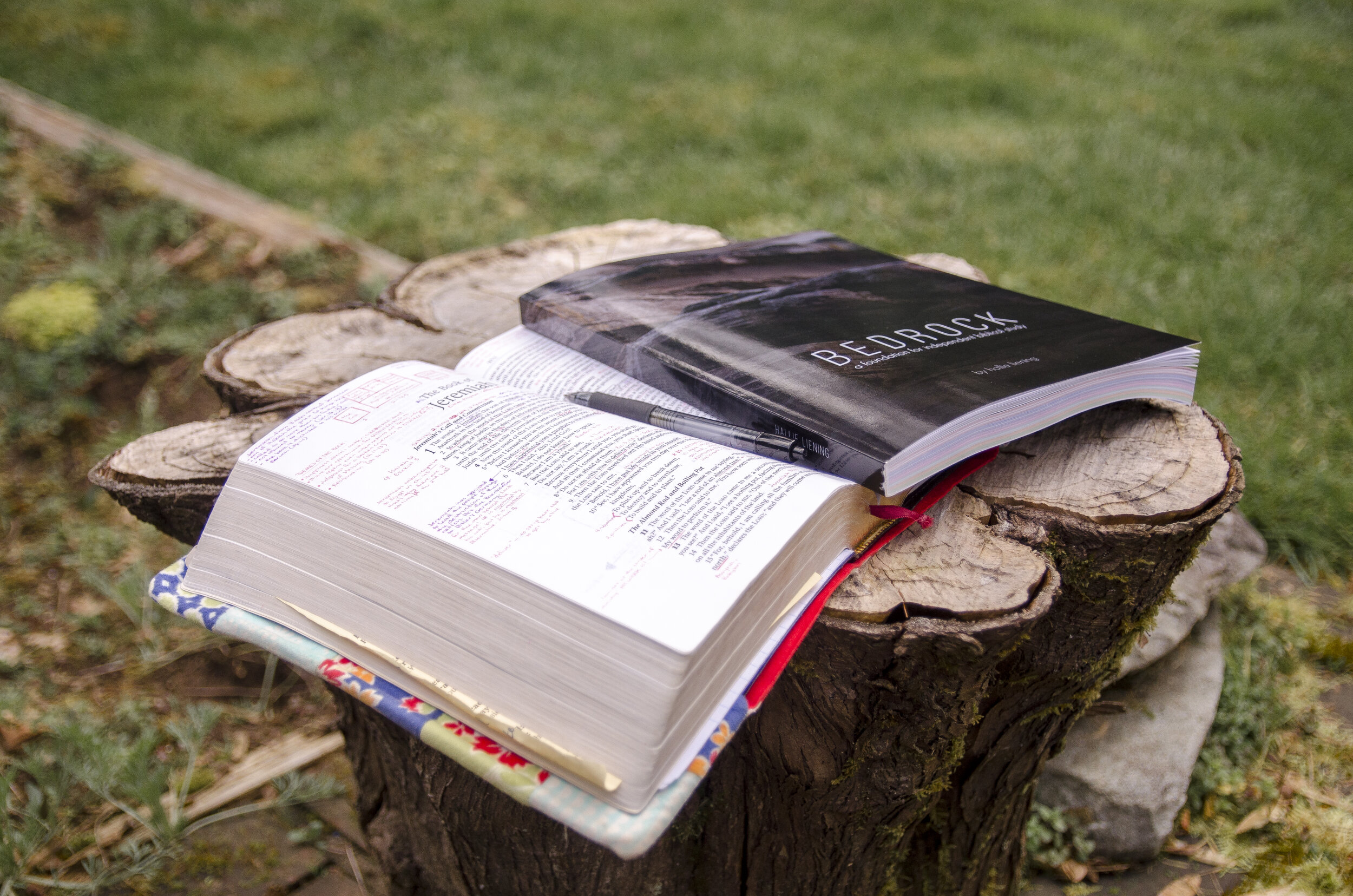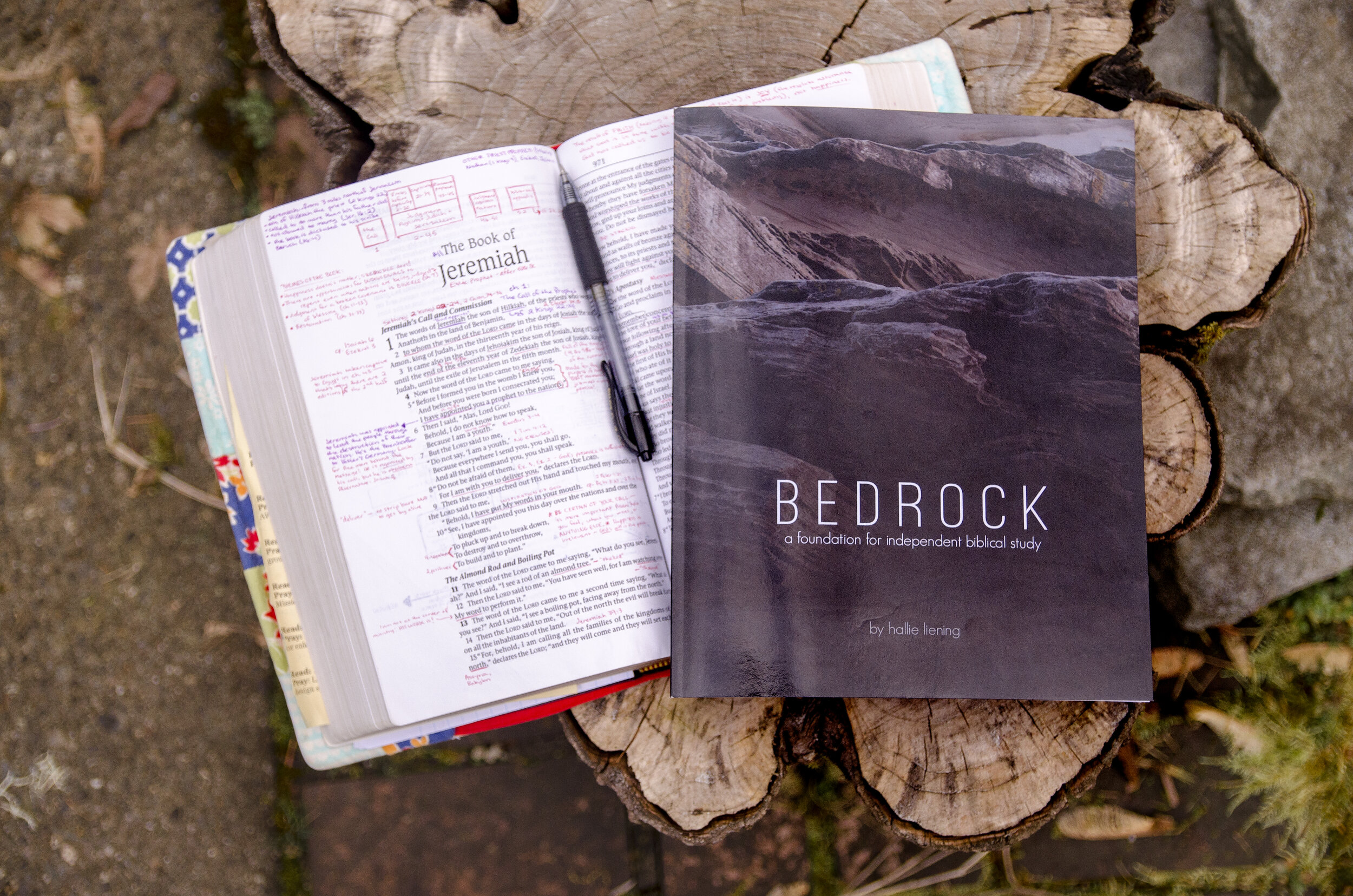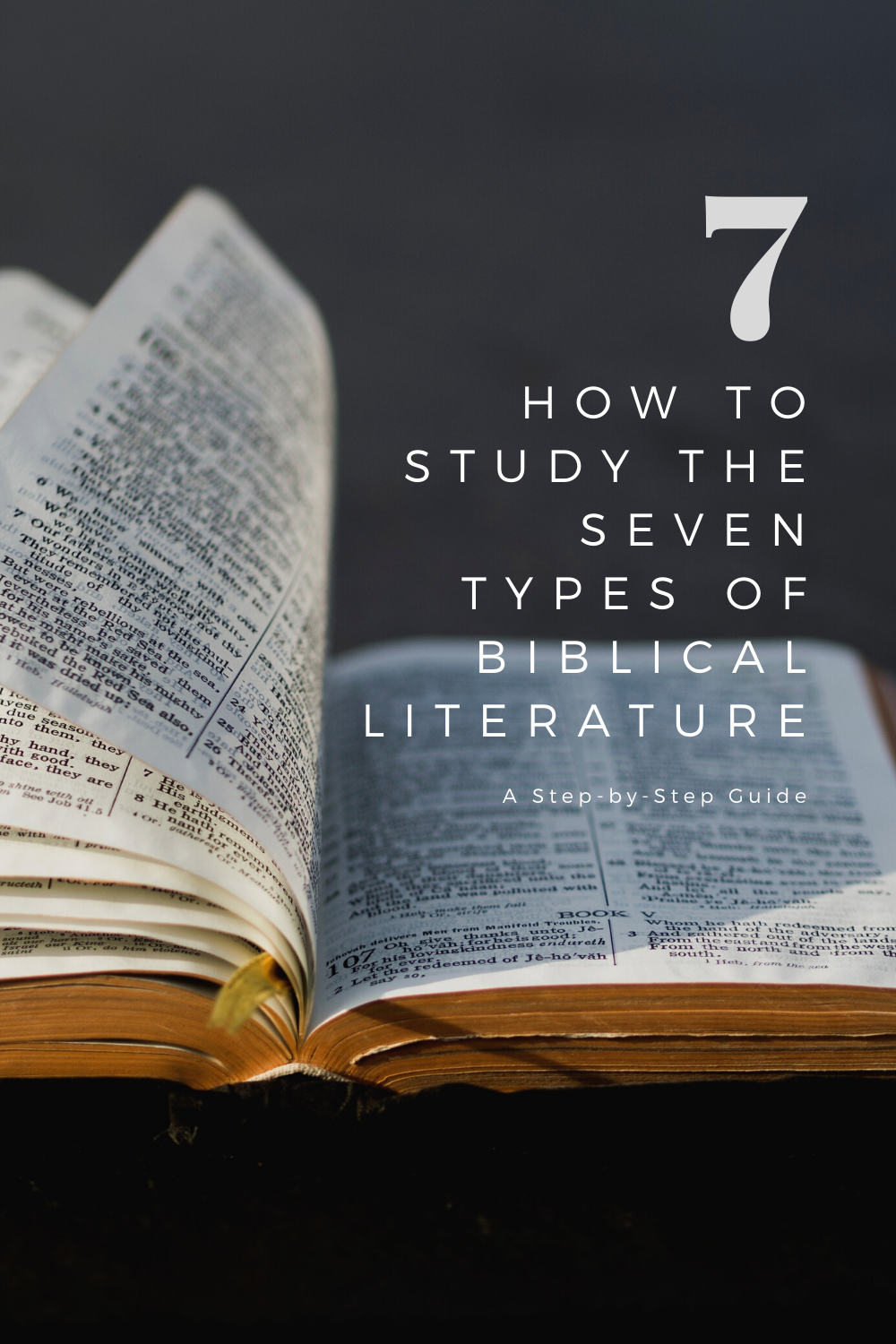how did Jesus read the Bible?
/As tends to happen in October, I’ve been deep in thought for the past couple of weeks about the upcoming round of Bible180 in the new year. It seems I find something to tweak either in the actual reading plan or in the creation and delivery of reading resources on an annual basis—and this year is shaping up to be no different.
What lights me up about Bible180 is, always, showing people the way to whole-Bible literacy. We don’t skip a single verse. We read it all, from the heartwarming quotes that make their way onto coffee mugs and home decor to the hideous revelations of the depravity of the godless human soul that we’d all like to pretend aren’t even in there. It is a journey not for the faint of heart.
In past years, we have always followed a loosely chronological reading plan, with the goal of tracing the history of humanity from Creation in Genesis 1 through God’s selection of Abraham in Genesis 12, and then following that storyline across all the ups and downs of the nation of Israel as they prove over and over again how desperately we need a Savior. I have enjoyed reading it this way because a linear chronology is an easy throughline to grasp, particularly when very little about the rest of the challenge is easy.
But something has been bugging me to reconsider this approach for awhile now. Conversations with a longtime spiritual mentor whose Biblical knowledge I deeply value, as well as the contents of the BibleProject’s “Introduction to the Hebrew Bible” course that I’ve been taking, have inspired me to ask a simple question:
How would Jesus have read the Hebrew Scriptures?
I don’t mean this in a cheesy “What would Jesus do?” way. I mean to ask: When Jesus was living on earth, what Bible was He reading, memorizing, quoting? Not a chronological one. And it’s not because those who canonized the Hebrew Bible were too dumb to figure out the concept of chronology.
It’s because the chronology is not the point.
He is the point.
Our Christian Bibles are arranged with a 39-book Old Testament that begins with the books of history (Genesis through Esther), followed by the books of poetry/wisdom (Job through Song of Songs), and finally, the books of prophecy (Isaiah through Malachi). The history books are arranged, sensibly, in what we would consider the closest to chronological order. When this is how we’ve consumed the Bible for our entire lives, it’s not hard to see why we tend to think of the Old Testament as the history of Israel—handy background information on the origins of the Christian faith, divinely inspired, but really not that important now that we live on the other side of the page denoted “New Testament.”
The reality is that our Bibles look nothing like the Word of God that Jesus knew inside and out—nor like the Scriptures that Messiah-seeking Bible nerds like Simeon or John the Baptist would have pored over in search of the Anointed One. Have you ever wondered, as I have every single year, what happened between the closing of Malachi and the beginning of Matthew that inspired John to start preaching a “baptism of repentance for the forgiveness of sins,” well before Jesus ever began to reveal Himself as the Savior of the world? Was John the Baptist just a little eccentric and a lot Spirit-filled, or was he basing his ministry on knowable truth that could be found in the tapestry of the Holy Scriptures?
The collection of sacred writings that John and Simeon and Jesus would have recognized didn’t convey a timeline of the important characters and events of Israel’s history, accented with poetry and prophecy. Instead, the arrangement of the scrolls that made up what we now call the Hebrew Bible or the Old Testament focused on the sweeping central theme that first begins in Genesis 3:
The LORD God said to the serpent, “Because you have done this, cursed are you more than all cattle. and more than every beast of the field; on your belly you will go, and dust you will eat all the days of your life; and I will put enmity between you and the woman, and between your seed and her seed; he shall bruise you on the head, and you shall bruise him on the heel.”
- Genesis 3:14-15
Genesis, the first book in the first section of the Hebrew Bible, raises a question that the rest of the Scriptures will continually seek to answer: Who is He who can deliver the death-blow to the enemy of humanity? Who is He who can restore the Kingdom of God on earth, as it was before the fall in Eden?
This is not a book meant to detail Israel’s history. Rather, it’s a carefully designed quilt made of select fabrics and shapes from Israel’s history, in order to present the perfect backdrop for the moment when Jesus of Nazareth appears on the stage. Those who were paying attention—people like John the Baptist, Anna, Simeon—would have had a very good idea what they were looking for.
And we say it all the time: the Old Testament exists to point us to Jesus. But can we actually see the foreshadowings of Him when we read it, or do we throw up our hands and say “Well, it shows us that we need Jesus, anyway!”?
Even after many times reading through the Bible, and many hours in study, that’s what I often end up doing. Which tells me that maybe I’m doing something wrong.
So for Bible180 2023, I’m going to try to read the Hebrew Bible in a way that’s a bit closer to how we know Jesus and His contemporaries would have read it. It looks like this:
It’s going to be a big change. In previous challenges, we’ve always read a Psalm a day; this time, in order to respect the structure of the Tanakh, I’ll be reading the entire book of Psalms in just five days—an average of 30 chapters a day. But I am excited about two things: 1) no longer having to jump back and forth between the books of the Kings and the minor prophets, and 2) waiting to read Job until the Ketuvim portion, instead of starting that overwhelming book on day 3!
Will reading it this way lead me to all the epiphanies I feel I’ve been missing over the years? I can’t say. But I have a hunch that reading according to the Messianic Hope—as the Tanakh’s designers intended—will get me closer to those epiphanies than merely reading according to the chronology has.
















